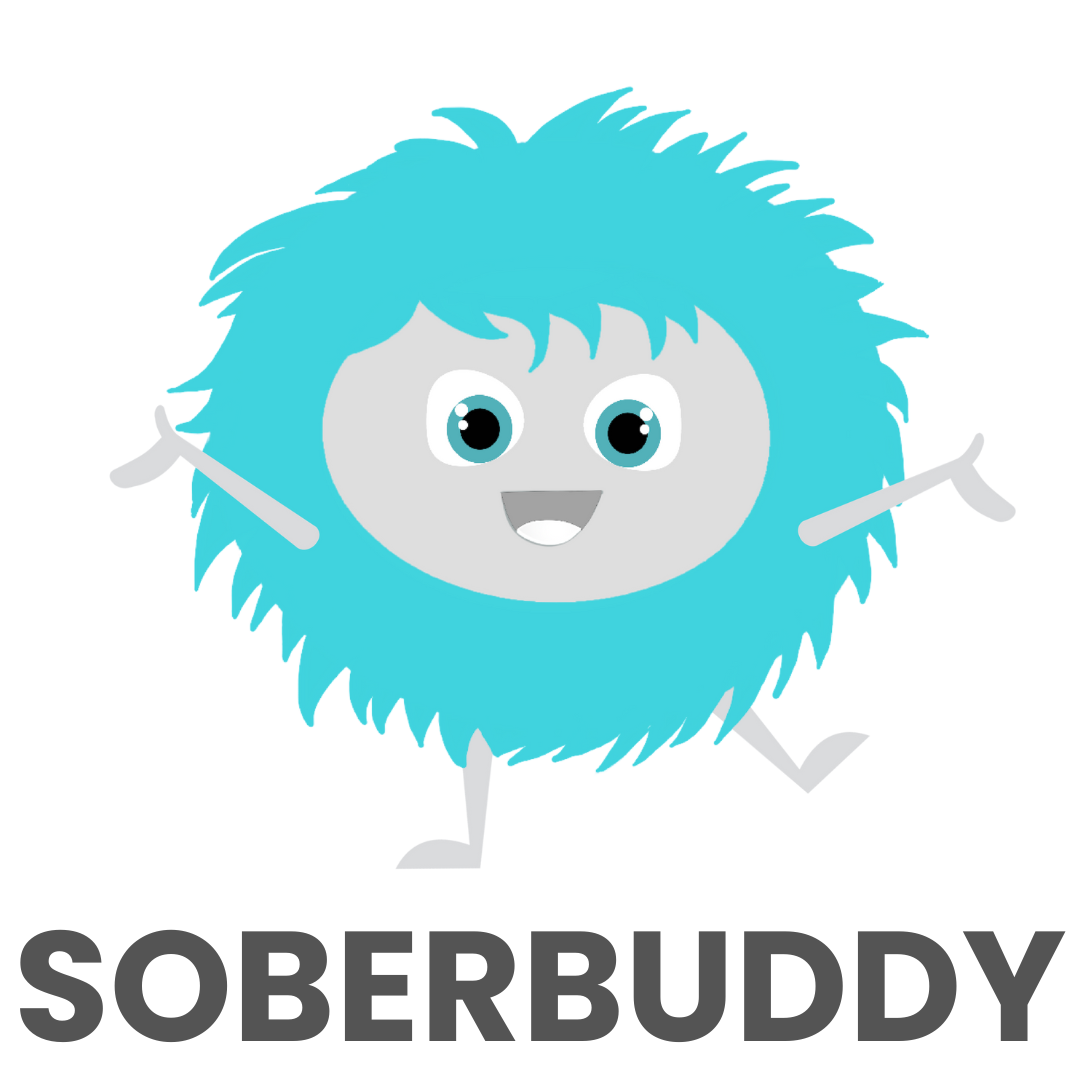Trust starts with honesty! Being truthful is not always the easiest way to communicate, but has the most benefits in the long run. If you can channel the courage to be honest and transparent with your loved ones, it will allow you to build deeper connections and longer lasting relationships.
Being open with those we care about at times when we feel like we’ve done something wrong or hurtful can be especially challenging. The general feeling of discomfort and nervousness can leave you with sweaty palms, your heart racing and a sense of uneasiness. These are normal feelings to experience before having a deep conversation.
But once you are able to open up and have an authentic conversation, you will feel an enormous sense of relief and start connecting on a deeper level with your loved ones. This form of transparency will help your loved one to see that you’re making an effort to connect with them and rebuild the relationship. In time, this will gain their trust back and they will open up to you more.
After you’ve practiced transparent communication with the people who matter most in your life, you will feel more confident in your ability to be honest with the world. This will likely have a domino effect and give you the confidence to stand up for yourself, and give everyone in your life a chance to see the effort you’re making to improve your relationship with them.
There are a variety of simple, yet useful tricks for practicing and improving your communication skills, including:
- Writing down what you want to say first. This will help you not forget certain things you want to say.
- Making eye contact
- Listening closely to what the other person says.
- Allowing the other person to react honestly, without judging them
- Journaling after the conversation to reflect on how it went and how you feel. This will help you reflect on what you could do differently in the future, or to take note of what worked well.
For those in recovery, almost all of the 12-steps include communication. The first steps include communicating with a higher power and asking for help. This kind of communication is inclusive to all – so people of any religion or spiritual practice can pray to the higher power that resonates with them.
Step 11, which involves prayer and meditation, is also about communicating with a higher power. And, reflecting on the insights received.
And step 12 involves communicating with others and providing support based on lessons learned. This kind of interaction can be delicate, as it involves sharing and being vulnerable rather than trying to persuade or convert. It means meeting the other person where they’re at, treating them with respect, and listening with open ears no matter where they are in their recovery. Commiting to this process will make you a better communicator and a trusted supporter.
Communication is key in all aspects of life. At the end of the day, it’s not the material things we remember and cherish, but the memories and relationships we’ve built with our loved ones.

